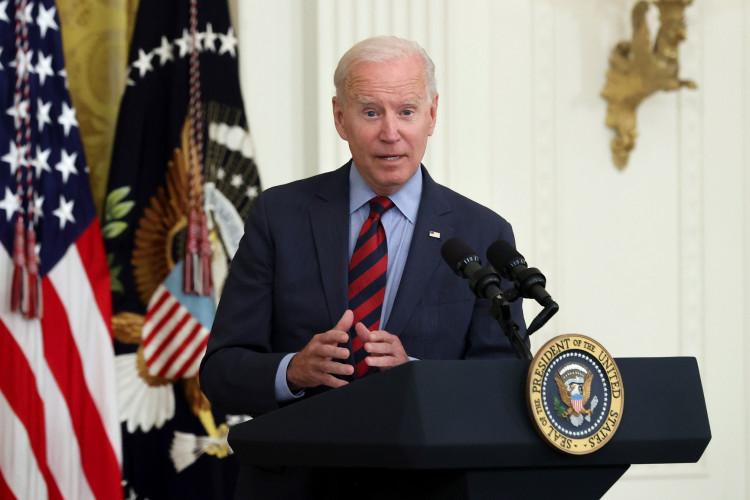In a significant move to bolster the American automotive industry and accelerate the transition to electric vehicles (EVs), the Biden administration announced a $1.7 billion investment aimed at converting closed-down or at-risk auto manufacturing and assembly facilities. This funding, part of the 2022 Inflation Reduction Act, is intended to keep U.S. EV manufacturers competitive with their global counterparts, particularly in the face of a surging Chinese industry.
The initiative was unveiled at a press conference where Energy Secretary Jennifer Granholm emphasized the administration's commitment to revitalizing American manufacturing. "This announcement is a hallmark of the Biden administration's industrial strategy, which is a strategy to bring manufacturing jobs back to America after years of offshoring," Granholm told reporters.
The Department of Energy has selected projects across eight states, including critical battlegrounds like Michigan and Pennsylvania, to receive the funds. President Joe Biden highlighted the potential impact of these investments, stating, "Building a clean energy economy can and should be a win-win for union autoworkers and automakers. This investment will create thousands of good-paying, union manufacturing jobs and retain even more-from Lansing, Michigan to Fort Valley, Georgia - by helping auto companies retool, reboot, and rehire in the same factories and communities."
The projects are expected to create approximately 2,900 new jobs and save 15,000 existing ones. The recipients include major automakers such as General Motors (GM) and Volvo, as well as suppliers like American Auto Parts. These facilities range from vehicle component manufacturing to full vehicle assembly, supporting both electric and hybrid vehicle production.
Despite a slowing growth rate in EV sales, total sales continue to rise, indicating a shift in consumer preferences and market dynamics. Experts note that the industry is transitioning from early adopters to mass-market consumers, presenting challenges for automakers. As a result, there has been increased interest in hybrid vehicles, with sales rising and companies like GM and Ford announcing plans to expand their hybrid offerings.
Granholm noted the strategic importance of this investment, particularly as it relates to global competition. "Even as our competitors invest heavily in electric vehicles, these grants ensure that our automotive industry stays competitive - and does it in the communities and with the workforce that have supported the auto industry for generations," she said.
The announcement comes at a critical time for President Biden, who is facing political pressure following a lackluster debate performance that has spurred calls from within his party to step aside. Michigan, a pivotal state in the U.S. auto industry and a key electoral battleground, plays a central role in this initiative.
More than half of the new funds are earmarked for projects with ties to Michigan. GM is set to receive up to $500 million to convert its Lansing Grand River Assembly Plant from producing internal combustion engine cars to electric vehicles, retaining over 650 jobs and creating 50 new ones. Stellantis, through Fiat-Chrysler U.S. Automobiles, will receive nearly $575 million for projects in Illinois and Indiana to convert and modernize facilities for EV production, restoring and retaining hundreds of unionized jobs.
The Biden administration also underscored the importance of good-paying, union jobs in its decision-making process. Acting Labor Secretary Julie Su emphasized, "We recognize that union workers have built the middle class and those same workers are going to power our clean energy future."
In addition to these high-profile projects, ZF North America will receive up to $157.7 million to produce components for electric vehicles at its Marysville, Michigan facility, potentially retaining 536 jobs. American Autoparts Inc. will get $32.6 million for projects in Toledo, Ohio, supporting the assembly of hybrid trucks and new battery systems.
The Biden administration's strategy aims to ensure the longevity and competitiveness of the American auto industry in the global market. U.S. Rep. Elissa Slotkin of Michigan highlighted the strategic importance of this investment, saying, "All you have to do is look at Europe and Mexico and see that China is looking to be the manufacturer of this next generation of vehicles. That's why it's essential to our economy and national security that electric vehicles, the batteries and components they run on, and other critical products are made in America."
As the administration negotiates the specific terms of the grants with the selected companies, it remains clear that this initiative is a significant step toward achieving the dual goals of economic revitalization and environmental sustainability. President Biden reiterated his commitment, stating, "I'll never stop fighting for the American auto industry and American autoworkers."





